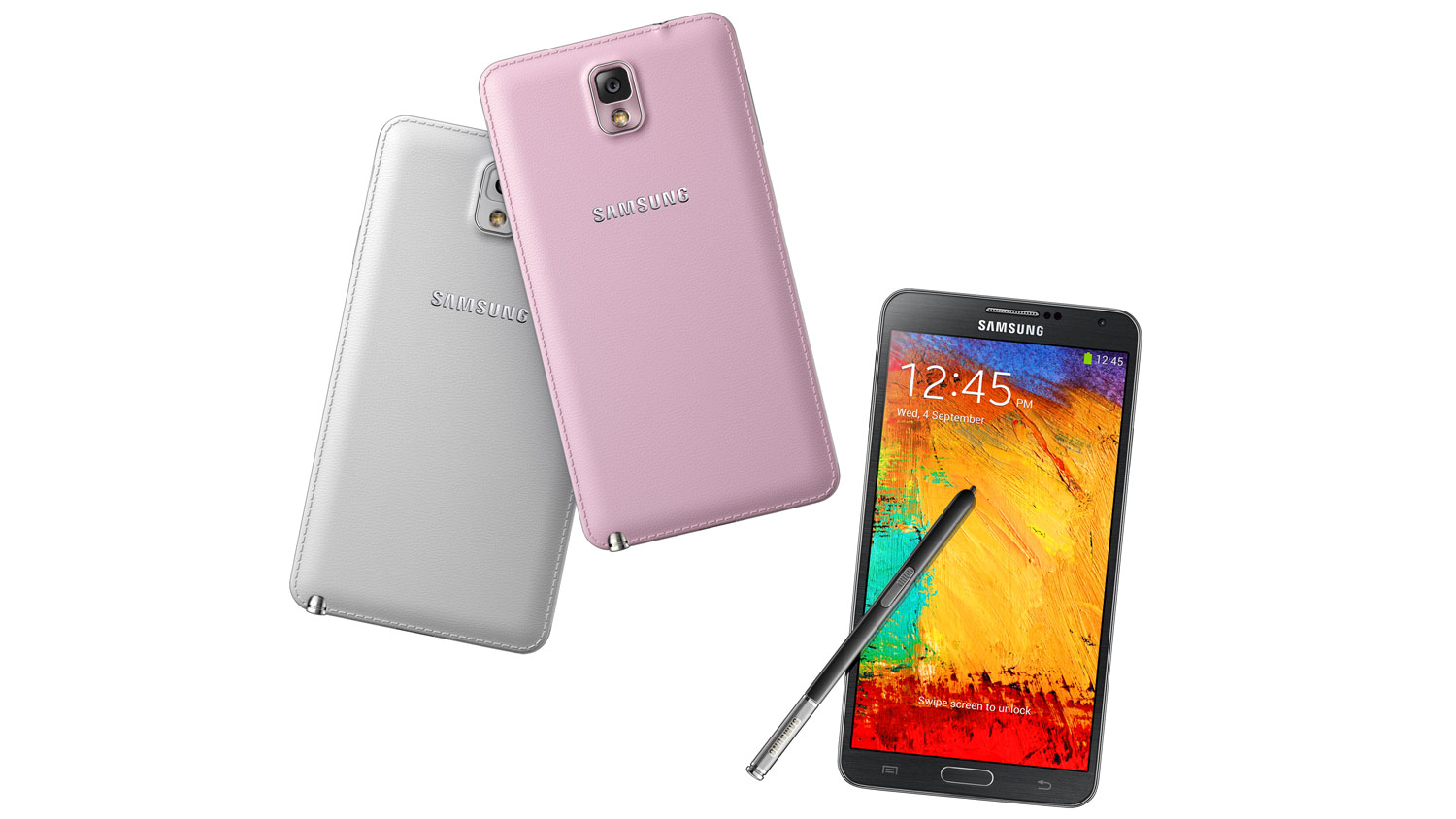Samsung accused yet again of inflating benchmarks, this time with Note 3

Today the tech world found something that stinks with the Samsung Galaxy Note 3's processor.
ArsTechnica is calling Sammy out for apparently "artificially" boosting the new phablet's processor performance during benchmark tests.
The tech sleuths noticed that the Note 3's processor is comparatively faster than the LG G2. Curiously, both smartphones sport the same 2.3 GHz Snapdragon 800 processor.
In the course of an investigation, Ars came to realize that the Note 3 enters a high-power CPU mode that kicks in whenever the device is running one of many popular benchmarking apps. When active, the processor, theoretically, locks into 2.3GHz mode while switching on every core to deliver all the power the processor can muster.
This isn't the first time Samy has been accused of bolstering performance numbers. In July, AnandTech ran a similar investigation into how the Exynos-powered Galaxy S4 might have been skewing performance numbers in its favor through some test-taking trickery.
The numbers game
We check in with Maximum PC's Gordon Ung about today's revelation, and the publication's deputy editor said it's important to note that mobile processors don't run at their fastest speeds all the time.
Instead, they run at slower speeds while turning off cores to conserve power and keep phones cool when they're hanging out in something like a pants pocket. Naturally, a phone will ramp up the power when it's actually doing something.
Sign up for breaking news, reviews, opinion, top tech deals, and more.
"If Samsung had been simply accused of running the chip at higher clocks when the browser or camera kicked on that's one thing," Ung said. "Samsung stands accused of coding the phones and tablets to specifically target benchmarks. If that's true, that sounds like cheating to me."
But this isn't a whole new ball game, Ung noted.
"This isn't a new phenomenon. In the early days, cheating in PC benchmarks was very common[,] but policing by the vendors and the press has mostly eliminated the practice," he said.
"With tablets and phones, it's pretty much the Wild West, so you should expect all the same tricks from clocking the CPU and GPU to higher clocks during benchmarks to shortcuts in graphics rendering to produce higher scores."
What's the problem? Everyone's doing it
As it turns out, Samsung likely isn't the only one boosting. SlashGear ran the same inspection tests on the HTC One and the LG G2 to find that all the devices work with similar boosts in benchmarking apps.
Meanwhile, the newly uncovered numbers are already drawing the ire of competitors like Apple's own Phil Schiller calling the boosted scores "shenanigans."
We've contacted Samsung about the benchmarking situation and will update the article when we receive a comment. The company denied foul play back in July when accusations pertaining of Galaxy S4 juicing surfaced.

Kevin Lee was a former computing reporter at TechRadar. Kevin is now the SEO Updates Editor at IGN based in New York. He handles all of the best of tech buying guides while also dipping his hand in the entertainment and games evergreen content. Kevin has over eight years of experience in the tech and games publications with previous bylines at Polygon, PC World, and more. Outside of work, Kevin is major movie buff of cult and bad films. He also regularly plays flight & space sim and racing games. IRL he's a fan of archery, axe throwing, and board games.